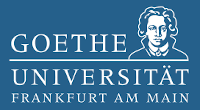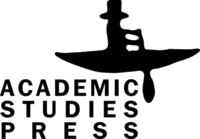Russian relatives of Soviet Jews: Mutual influence and conflict of traditions
Abstract
Mixed Russian-Jewish marriages have long interested sociologists, demographers and specialists in ethnology and anthropology. Researchers are mainly concerned with issues of the ethnic identity and the problem of assimilation. At the same time, another consequence of such marriages of considerable interest is namely: the transformation of cultural values transferred to families where several national traditions intersect. In the paper, I’ve analyzed how the strongest “painful” points of traditional culture are actualized in the mixed marriages. The issues of naming children, celebrating Passover, weddings, funerals and memorial rites are the most popular topics when talking about tradition and cultural values and with non-mixed families in these regions. In the occasions of Russians falling into the Jewish traditional environment, we notice how they try to test and prove their basic stereotypes about the Jews they knew before: the bad weather on Jewish holidays, baking matzos and traditions around it, etc. For Russian-Jewish relatives, the choice of one or another ethno-confessional tradition shows whose values are stronger represented, more stable and prestigious. The search for compromises and the smoothing of conflicts strengthens such mixed marriages, and we meet many Russian-Jewish couples who lived happily together for years.












